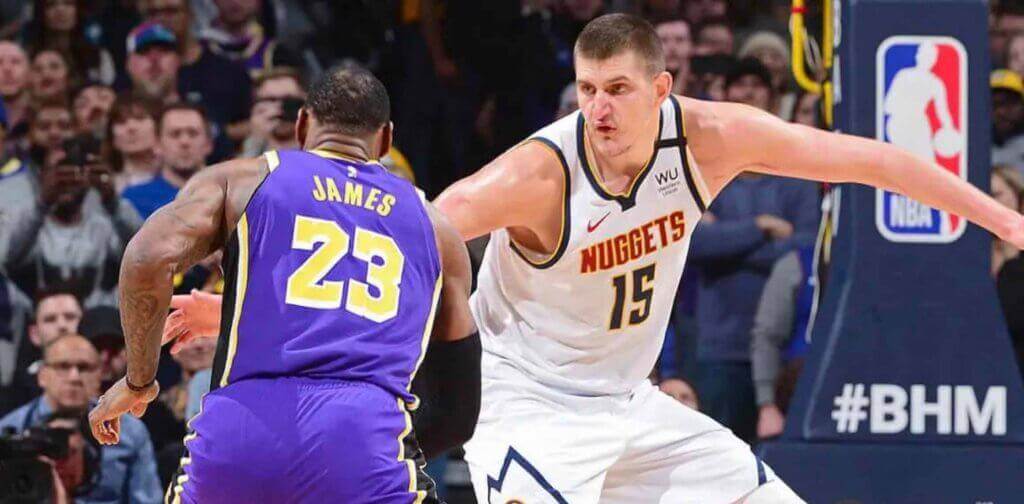The Indispensable Role of Superstars in Clinching the NBA Title

Basketball has evolved over the years into a sport that cherishes teamwork and sophisticated playmaking tactics. Yet, it is undeniable that individual stars' prowess has a considerable influence on a team's ultimate success, particularly in the prestigious National Basketball Association (NBA). This blog post aims to explore and substantiate the widely held belief that winning an NBA title is virtually impossible without a prominent superstar.
Basketball is, by design, a team sport. The fundamentals of the game revolve around passing the ball, setting up teammates, and constructing an impregnable defense collectively. Teams that have found the most success often exhibit superior understanding and execution of these collective principles. Yet, the underpinning factor remains that such teams are frequently orchestrated by some of the world's finest players.
For instance, 56 out of the 64 NBA champions since 1960 had at least one Most Valuable Player (MVP) or a former MVP within their ranks. These figures echo the importance of superstar players. They become the fulcrum around which a team's strategy revolves, bearing the responsibility of leading the team in high-pressure scenarios.
The MVP award is bestowed upon players who not only exhibit individual excellence but also have a profound impact on their team's performance. These players, usually ranked amongst the top five globally, are critical in navigating the path to the coveted championship. Consider the Miami Heat as an example. Despite the franchise's deeply ingrained culture, collective game style, experienced players, and Jimmy Butler's outstanding talent, it remains doubtful whether they can clinch "the whole thing." The team lacks an MVP, which can be seen as a significant limitation when aiming for the ultimate prize.
The importance of having a superstar player has become even more evident in the era post-Michael Jordan. From 1991 onwards, only two teams managed to lift the trophy without an MVP in their ranks: the Detroit Pistons in 2004 and the Toronto Raptors in 2019. However, both these instances come with their respective caveats.
The Pistons, though they triumphed without an MVP, had a robust collective unit and an exceptionally defensive approach, which could compensate for the lack of an individual superstar. The Raptors' victory, on the other hand, can be partially attributed to the injuries sustained by key players, such as former MVP Kevin Durant and Klay Thompson of the Golden State Warriors, during the finals. Additionally, the Raptors were guided by Kawhi Leonard, one of the top-tier players globally and a former finals MVP, further emphasizing the impact of superstar players.
In conclusion, the role of a superstar in securing an NBA title is undeniably significant. Their exceptional skills, ability to perform under pressure, and impact on the overall team performance make them a crucial component of a championship-winning team. Despite basketball being fundamentally a team sport, having a superstar player is akin to possessing a secret weapon, which becomes particularly invaluable when aiming for the NBA title. While teamwork and collective strategies are important, the evidence strongly suggests that having a superstar increases a team's chances of claiming the ultimate victory.
This analysis does not belittle the importance of team effort; instead, it underlines the need for a harmonious balance between collective play and individual brilliance. After all, the beauty of basketball lies in its ability to meld these aspects together in the quest for glory. With the NBA being a powerhouse of global talent, we can only expect this exciting interplay between team performance and superstar prowess to continue to shape the future of basketball.

